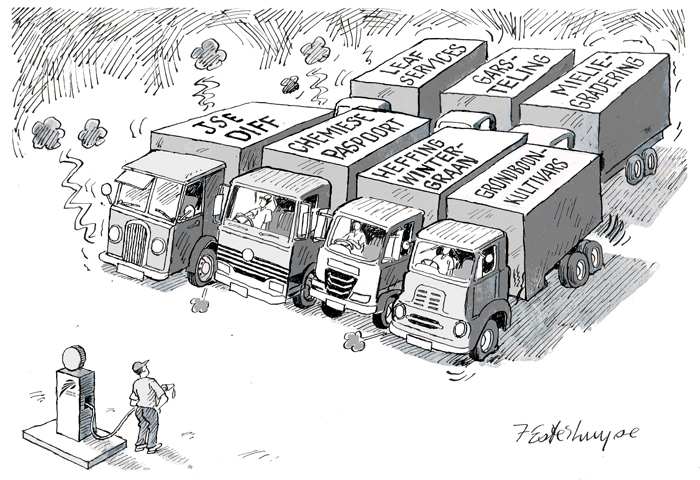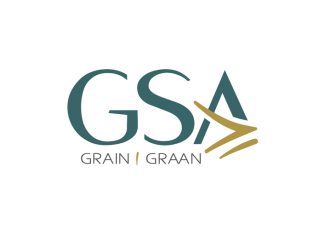
Jannie de Villiers
CEO, Grain SA jannie@grainsa.co.za
During April, the Grain SA leadership spent a few days aside to determine where the organisation currently stands and what the road ahead should be.
A lot was said about our DNA regarding the sustainability of grain production (profitability, people development and the conservation of the environment in which we farm), that can never be separated from who we are and what we do. There was also deliberation and planning about the Grain SA culture that we have formed in recent years which helps to determine our direction.
Items in our operational cauldron required a great deal of thought and discussion. The sustainable funding of Grain SA and the importance of good relations in the industry, were some of the items floating to the surface. Here is the (incomplete) list of issues currently weighing heavily:
- Leaf Services: The state wants to have all grain graded despite the fact that it is already being done – and then wants to let all producers pay for it indiscriminately.
- JSE matters such as the alternative differential system and market affairs.
- The chemical passport system, where producers are expected to declare that all food safety legislation has been complied with.
- Winter cereal industry: The future funding of research and services via a voluntary of statutory levy.
- Changes to the maize grading system.
- Barley industry: Some storage operators can no longer (and don’t want to) meet the buyer’s quality requirements. There are also problems with the barley breeding programme that need urgent attention.
- Groundnut industry: New initiatives where established interests of role-players can figure strongly and lead to instability, were discussed. Solutions are needed to develop new cultivars for producers.
 Handling these issues has always been a part of our business. However, it is rare that so many of these weighty matters ended up on our table at the same time and that more than one of these cases require legal advice. It puts a lot of pressure on our human and financial resources. When producers are under pressure, the impatience for solutions and outcomes is also much greater. The degree of cooperation in the industry to reach solutions, depends on our relationship with all in the value chain.
Handling these issues has always been a part of our business. However, it is rare that so many of these weighty matters ended up on our table at the same time and that more than one of these cases require legal advice. It puts a lot of pressure on our human and financial resources. When producers are under pressure, the impatience for solutions and outcomes is also much greater. The degree of cooperation in the industry to reach solutions, depends on our relationship with all in the value chain.
As everyone knows, you cannot just go to the bank one day and demand interest if you have never made an investment. In future, Grain SA will have to continue focussing on making investments in all our relationships in the industry as well as with government in order to draw interest when the years
of hardship arrive.
It is harvest time in the north and the south’s producers are starting with winter planting – a pleasurable and very busy time of year for everyone. There are so many heavy issues on our country’s agendas and people are struggling to cheer up. Still, I can hear the producers’ optimism when they get the combine harvesters out and start calibrating the planters. We are eternally grateful to the Father for the opportunities we have to produce.
The fact that Grain SA as organisation is now entering a time when the CEO has to be replaced, is something that will influence the cauldron of operational matters and further complicate the country’s current challenges. Although we are planning carefully and doing thorough analyses and work, there are still certain risks and instabilities that can be expected. However, it also brings new opportunities that we should not miss.
Even if we cannot have the NAMPO Harvest Day in May, harvest time is still a time of grace and joy.












